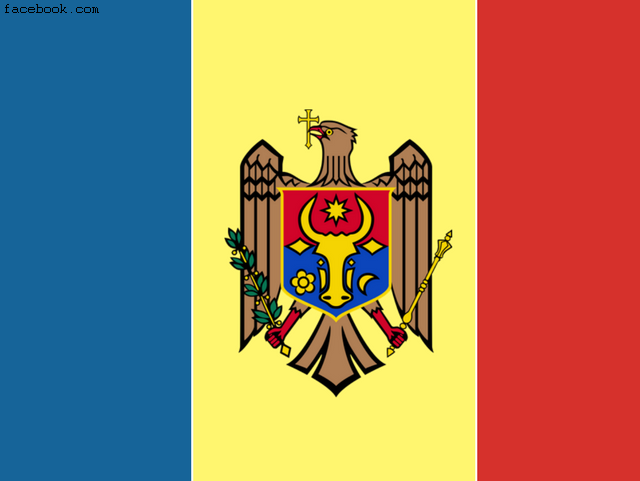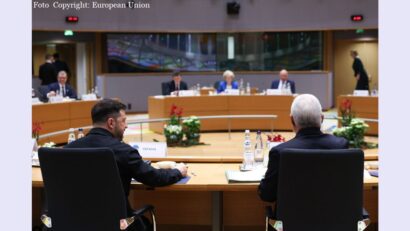Moldova, 26 years of independence
The identity and geopolitical confusion continue to grip the Republic of Moldova, 26 years after the country proclaimed its independence

Bogdan Matei, 28.08.2017, 13:04
On August 27, 1991, after the failed neo-Bolshevik coup in Moscow, the Parliament in Chisinau, facing a massive protest, voted the declaration of independence from the Soviet Union and instating the Republic of Moldova on the Romanian territories Stalin annexed in 1940. On the same day Romania would become the first country to recognize the independence and sovereignty of its new neighbor. In subsequent years Bucharest became the most vocal supporter of the Republic of Moldova’s sovereignty, territorial integrity and efforts to join the European Union.
On Sunday, the Romanian Foreign Ministry reiterated Romania’s support for Moldova and its citizens on road to European accession. In turn, the Romanian Ambassador to Chisinau, Daniel Ionita, told Radio Romania that he was confident Moldova will join the European Union. EU accession is no easy task, the Romanian official argued, but the roadmap in itself is an excellent opportunity to implement a set of reforms. At the end of the road, Daniel Ionita added, apart from the stability, predictability and security that EU membership offers, all Moldovan citizens will be able to pursue a better lifestyle.
After Moldova signed the Association and Free Trade Agreements with the European Union in 2014, Moldovan citizens were given visa-free access across the community bloc, while their companies may now access the single market under very advantageous terms. The pro-European ruling coalition in Chisinau led by the Democrat PM Pavel Filip remains a supporter of EU accession, although the pro-Russian Socialist President, Igor Dodon, an overt critic of Romania and the West, wants Moldova under Russia’s sphere of influence once again. Each enjoying the support of half the Moldovan voters, Filip and Dodon are representative of the geopolitical and identity divide in Moldovan society. The reasons behind this fracture are historical and quite painful.
At the time of Moldova’s annexation, hundreds of thousands of Romanian nationals sought refuge in Romania, while tens of thousands were deported to Siberia or Kazakhstan, replaced with colonists brought over from all the corners of the empire. The Moldovan Ambassador to Bucharest, Mihai Gribincea, warned that today’s republic, swept by political, administrative, ethnic, linguistic and religious conflicts, is not the Romanian province of the interwar period. The most serious consequence of nearly half a century of foreign occupation, is that Moldova is still haunted by the ghost of its Soviet past, 26 years after it proclaimed its independence. (Edited by D. Vijeu)






























